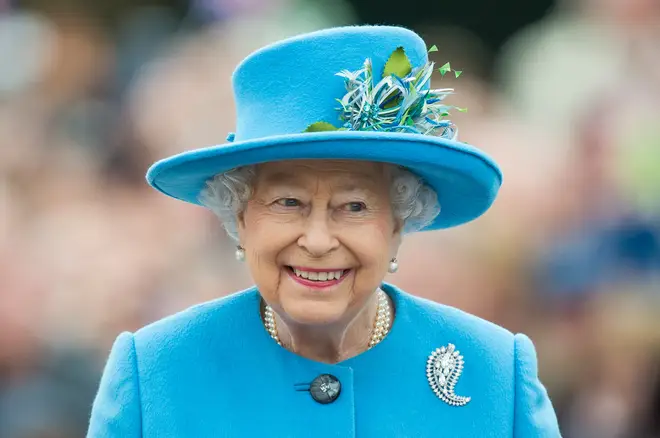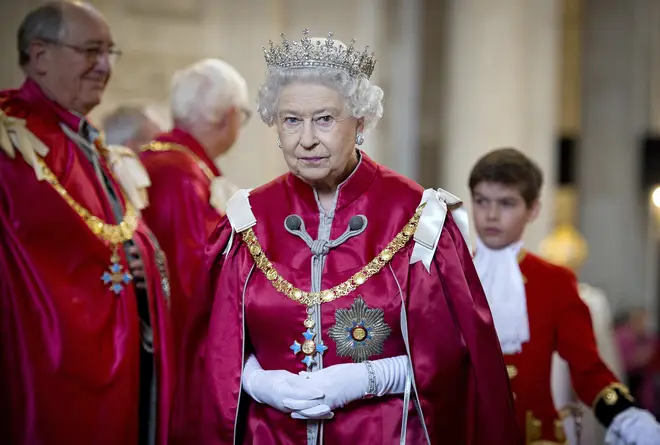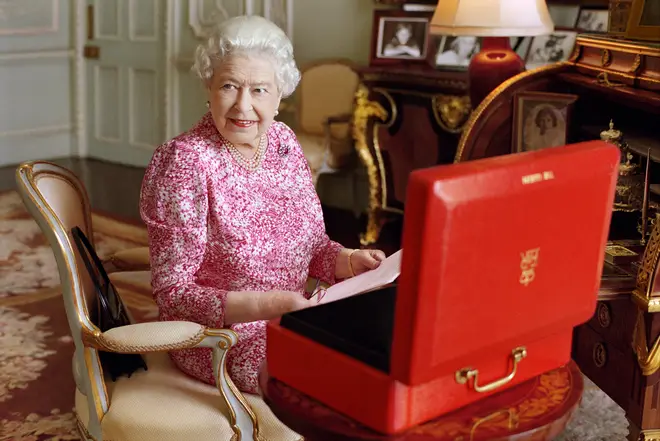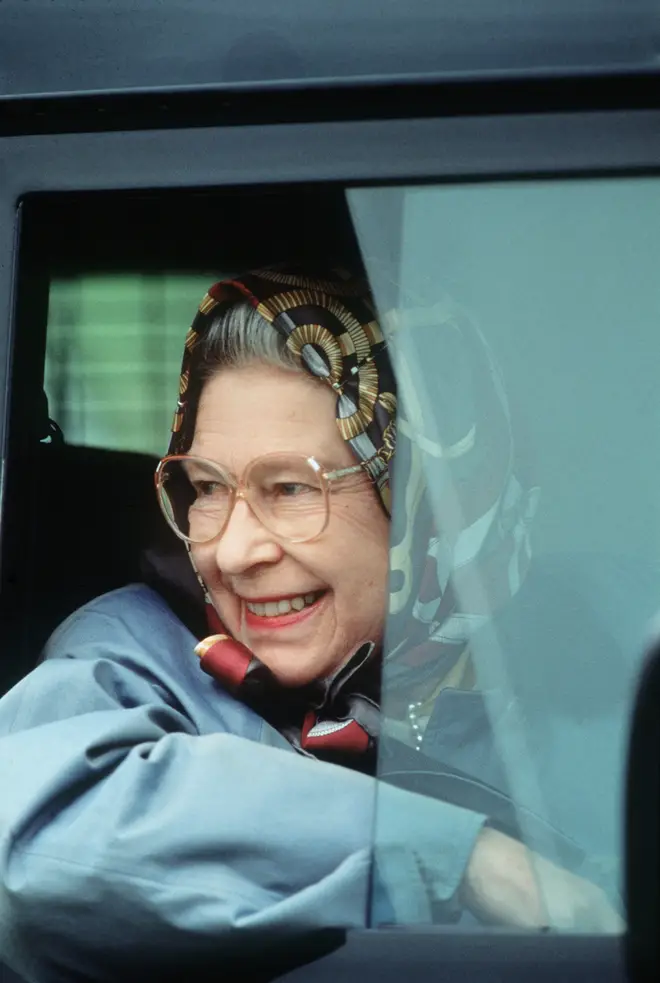What powers does the Queen have?
12 October 2018, 00:12 | Updated: 12 October 2018, 00:36

As the longest reigning monarch in the world's history, Queen Elizabeth II has witness a changing world since 1952.
Queen Elizabeth II has reigned over the Commonwealth for 66 years, making her the world's longest-reigning monarch.
The 92-year-old has seen the world change during her time as Queen, and that's had a impact on her powers, known as The Royal Prerogative.
What the ruling King or Queen of the UK used to do is now carried out by ministers on their behalf.
It's worth noting that while a lot of the Queen's powers go rarely used, they remain vitally important with Royal News explaining: "they remain a means of protecting democracy in this country ensuring that no one can simply seize power."

She can travel without a passport
With the Royal Arms emblazoned on the front of all UK passports, it's no surprise that the Sovereign doesn't need to carry one while travelling abroad.
And let's face it, it's unlikely you'd ever bump into Her Majesty while at the immigration queue in the airport.
Her website reads: "As a British passport is issued in the name of Her Majesty, it is unnecessary for The Queen to possess one. All other members of the Royal Family, including The Duke of Edinburgh and The Prince of Wales, have passports."
She doesn't need a driving licence
While rarely seen driving herself in public, The Queen is the only person in the United Kingdom who can drive without either a valid licence or registration plates.
The 92-year-old is thought to still drive herself around her private estates and she's had decades of experience after first developing her motoring skills during the Second World War when she joined the Women's Auxiliary Territorial Service as an 18-year-old Princess.
She is above the law
It's written in to UK law that The Queen cannot be prosecuted and as she in theory IS the law, it's impossible for her to break it.
That said, it's unlikely the Queen would ever have the desire - or opportunity - to commit a crime.
The official Royal website explains: "Although civil and criminal proceedings cannot be taken against the Sovereign as a person under UK law, The Queen is careful to ensure that all her activities in her personal capacity are carried out in strict accordance with the law."
Appointing the Prime Minister
The Queen is responsible for appointing the Prime Minister following a general election or resignation of a currently serving Prime Minister.
In a general election, she will typically appoint whoever the candidate is that has the majority support of voters and the House of Commons.
In the rare case of a resignation, The Queen will consult a team of advisers on who should be the successor to the role of Prime Minister.

Declaration of War
Another power that's turned to a more ceremonial direction, in theory the Queen retains the power to declare war against other countries, but in actual practice any sort of decision would be carried out by the serving Prime Minister and Parliament.
She CAN vote
It's long been rumoured that the Queen isn't allowed to vote for the government - which she then appoints herself.
But the reality is that she can legally vote in elections, but is thought to choose not to.
She can veto any bill passed through Parliament
After a bill passes successfully through the two British houses of Parliament, The Queen is responsible for signing them into law.
Although in theory she has the power to veto any law she doesn't agree with, the last British monarch to do so was Queen Anne in 1708.
She is The Queen of swans
Another law that's existed from medieval times, the reigning monarch "retains the right to claim ownership of any unmarked mute swan swimming in open waters," according to the official Royal website.























